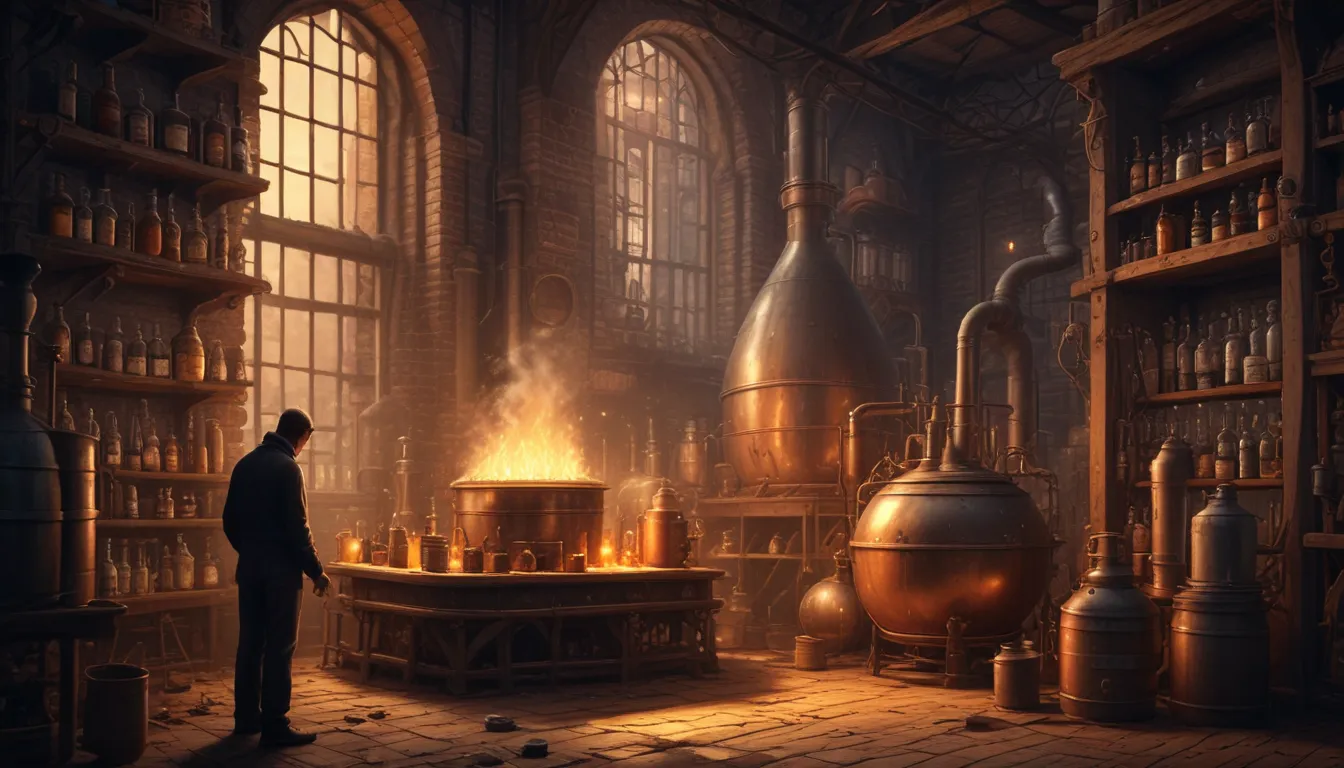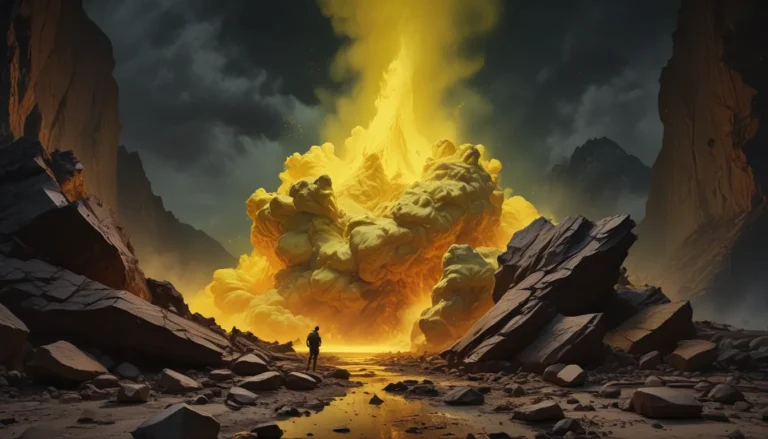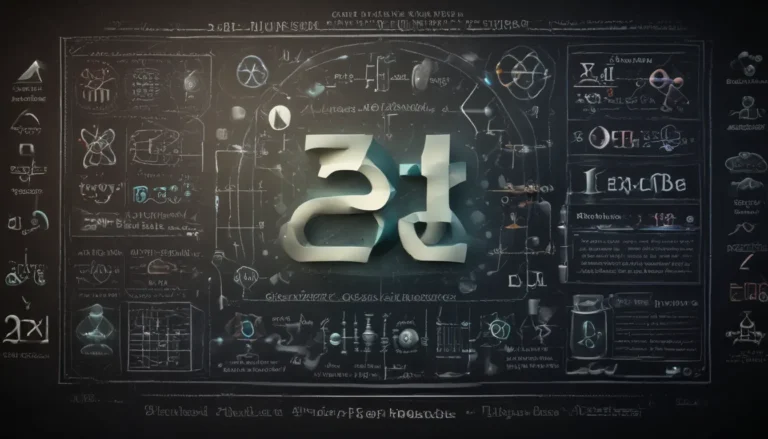A Note About Images: The images used in our articles are for illustration purposes only and may not exactly match the content. They are meant to engage readers, but the text should be relied upon for accurate information.
If you’ve ever wondered about the magic behind separating mixtures and extracting essential substances, then distillation is the process for you! Distillation has been a cornerstone of chemistry for centuries, with applications spanning across various industries like pharmaceuticals, oil refining, and alcohol production. In essence, distillation involves heating a mixture to convert components into vapor, then cooling and condensing the vapor to obtain the desired product. Get ready to dive into the intriguing world of distillation as we uncover 13 captivating facts that will expand your knowledge and deepen your appreciation for this essential process.
Unveiling the World of Distillation:
- Distillation in Action: Distillation is a cool process that separates mixtures based on their boiling points. From making drinks to extracting essential oils from plants, it’s a versatile and crucial technique in various industries.
- A Rich History: The origins of distillation trace back thousands of years, with its roots firmly planted in ancient Greece. Islamic scientists further refined the process during the Middle Ages, setting the stage for modern chemistry.
- A Catalyst for Innovation: Distillation played a pivotal role in the development of modern chemistry by enabling scientists to isolate and study different chemical compounds, unlocking new realms of understanding.
The Essentials of Distillation:
- Distinct Methods: There are various distillation methods at play, including simple distillation, fractional distillation, and steam distillation. Each method offers unique applications and advantages tailored to specific needs.
- Wine to Spirits: The production of alcoholic beverages relies heavily on distillation to purify liquids, remove impurities, and elevate alcohol content to create spirits like whiskey, vodka, and rum.
- Fueling the Industry: Distillation finds its place in the petroleum industry by separating crude oil into components like gasoline, diesel, and jet fuel through fractional distillation.
Beyond Liquids:
- Water Redefined: Distilled water is not your ordinary H2O; it goes through a purification process where impurities and minerals are removed. It finds uses in labs, medical procedures, and even steam irons.
- Scent-sational: In the world of aromatherapy and perfumery, distillation is the go-to method for extracting aromatic oils from plants and flowers, preserving their essence and therapeutic properties.
- Purity Personified: The purification and concentration capabilities of distillation make it an indispensable tool in pharmaceuticals for producing drugs and medications of impeccable quality.
Eco-Friendly Innovations:
- Recycling Revolution: Distillation isn’t just about separation; it can also be harnessed to recycle and reclaim solvents, reducing waste and minimizing environmental impact.
- Gas, Anyone?: While liquids are a common focus, distillation can also clean up gases by separating and purifying them, as seen in the production of liquefied petroleum gas (LPG).
The Heat Is On:
- The Power of Heat: Distillation requires a reliable heat source to vaporize substances with lower boiling points and initiate the separation process.
- Fueling the Future: Distillation takes the spotlight in biofuel production, particularly ethanol, offering a sustainable energy source through the distillation of fermented solutions.
Exploring these 13 captivating facts about distillation sheds light on the process’s importance and versatility across industries. Whether you’re marveling at the separation of mixtures, diving into the world of essential oils, or appreciating the complexity of producing pharmaceuticals, distillation remains a cornerstone of innovation.
Concluding Thoughts on Distillation:
Distillation serves as a cornerstone of various industries, driving innovation and advancing scientific understanding. This method of separation and purification based on boiling points is foundational in refining petroleum, producing pharmaceuticals, and creating alcoholic beverages. Understanding distillation unveils a world of possibilities, from pure compounds for research to everyday essentials like distilled water. Whether you’re a chemistry enthusiast or simply curious about the wonders of science, delving into the realm of distillation promises a journey filled with knowledge and appreciation.
FAQs: Answering Your Burning Questions
- What is distillation? Distillation is a process that separates mixtures by utilizing differences in boiling points, converting volatile substances into vapor and condensing them to collect purified liquid.
- Where is distillation applied? Distillation finds widespread use across industries such as alcoholic beverage production, essential oil extraction, petroleum refining, and pharmaceutical manufacturing, along with research purposes in laboratories.
- How does distillation operate? By heating a mixture to its boiling point, volatile components transform into vapor, which is then cooled and condensed back into liquid form for separate collection.
- Can distillation purify all substances? Distillation effectively separates substances with distinct boiling points, though challenges may arise with mixtures featuring similar boiling points or undergoing chemical reactions.
- Are there different types of distillation? Yes, various methods like simple distillation, fractional distillation, and vacuum distillation cater to specific applications, offering precise separation capabilities.
- Is distillation energy-intensive? Distillation demands significant energy input, especially for close-boiling-point separations, yet technological advancements continue to enhance energy efficiency in distillation processes.
Embark on a journey of discovery and unravel the mysteries of distillation, where science meets artistry in the creation of essential substances and beverages. Explore, learn, and appreciate the intricate dance of molecules through the lenses of distillation, transforming everyday mixtures into pure delights.






